Talk the talk, walk the walk
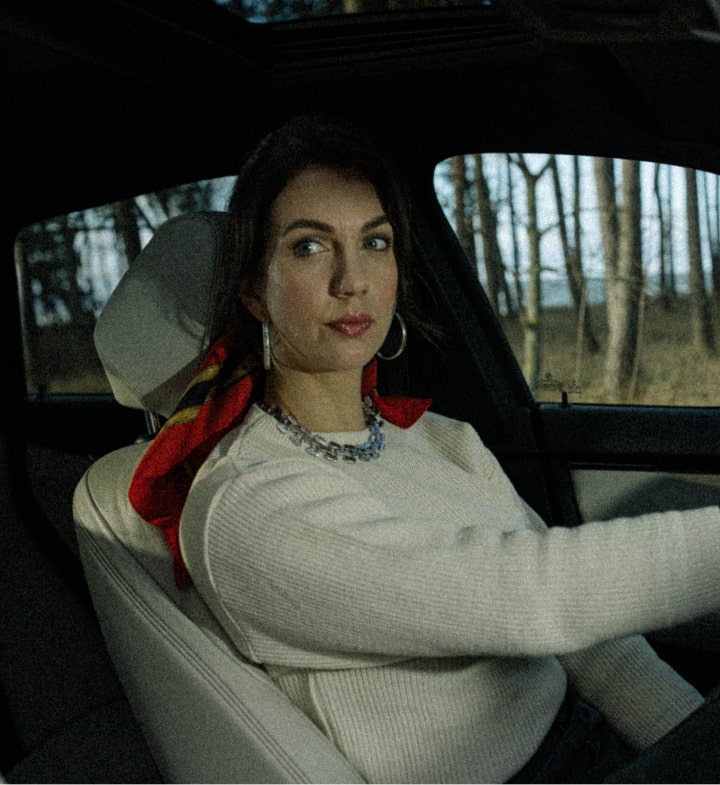
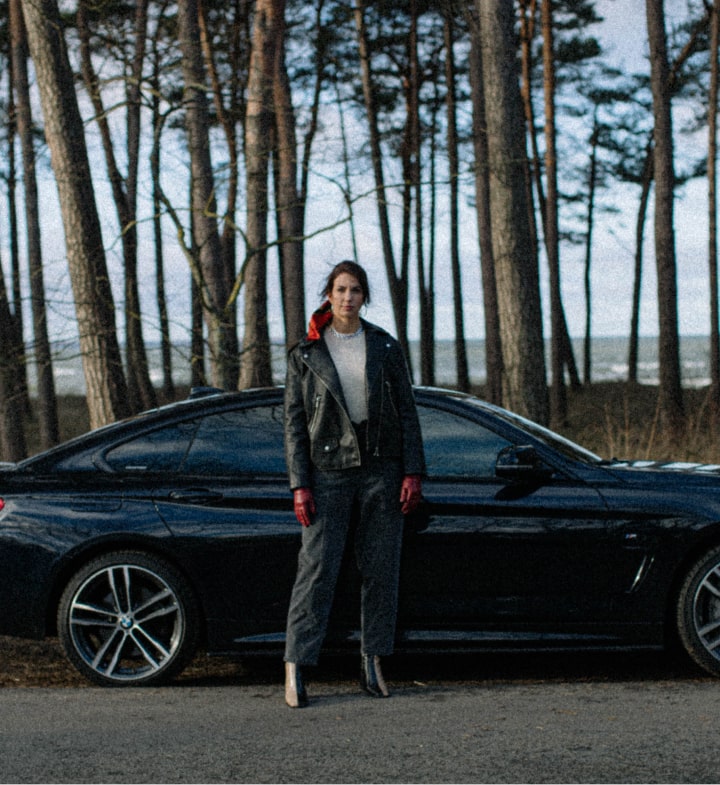
For Silvia, it all came down to a clash in values. A people growth lead at a custom software company, as well as an executive coach with expertise in sustainable performance, she’d always prided herself on building teams that put people and sustainability first. But then there was always the unresolved matter of her ride: a sporty BMW.
In the end, though, her environmentally-conscious side won out. Silvia wanted to reduce her ecological footprint. A 2017 study by Swedish and Canadian researchers found that going carless for just a year could reduce one’s footprint by 2.6 tons of carbon dioxide. That’s more than a roundtrip transatlantic flight.
Times were changing too. The COVID-19 pandemic had led to a remaking of how companies operated, and remote work became the norm almost overnight. Silvia had for years been commuting to an office in a large city notorious for traffic jams.
She took the opportunity presented by the pandemic to return to a smaller university town, just a few hours away by train. Silvia sold her car and began to rely on bicycles, trams, trains, and, mostly, her own feet.
Relaxed, healthier and happier
“Just walking more on a daily basis has changed my mindset,” said Silvia. She could take the scenic route along the river on her way to work, or walk through the Town Hall Square. Often she listens to podcasts as she walks. “I love moving; it feels natural for the human body,” she said. “My aim is to move at least one hour outside every day, regardless of the weather.” In the overstimulating modern world, people could use more of such relaxing, mindful moments, she adds. “I feel better, more relaxed, healthier, and happier as a person,” she said. “I want to live a long and healthy life, and having an active lifestyle supports that.”
Silvia still spends a lot of time in the capital, where she works. When needed, she rents a Bolt Drive, which she said is a good alternative to owning her own car. The rest of the time, she’s back in the small university town, walking or biking to work.
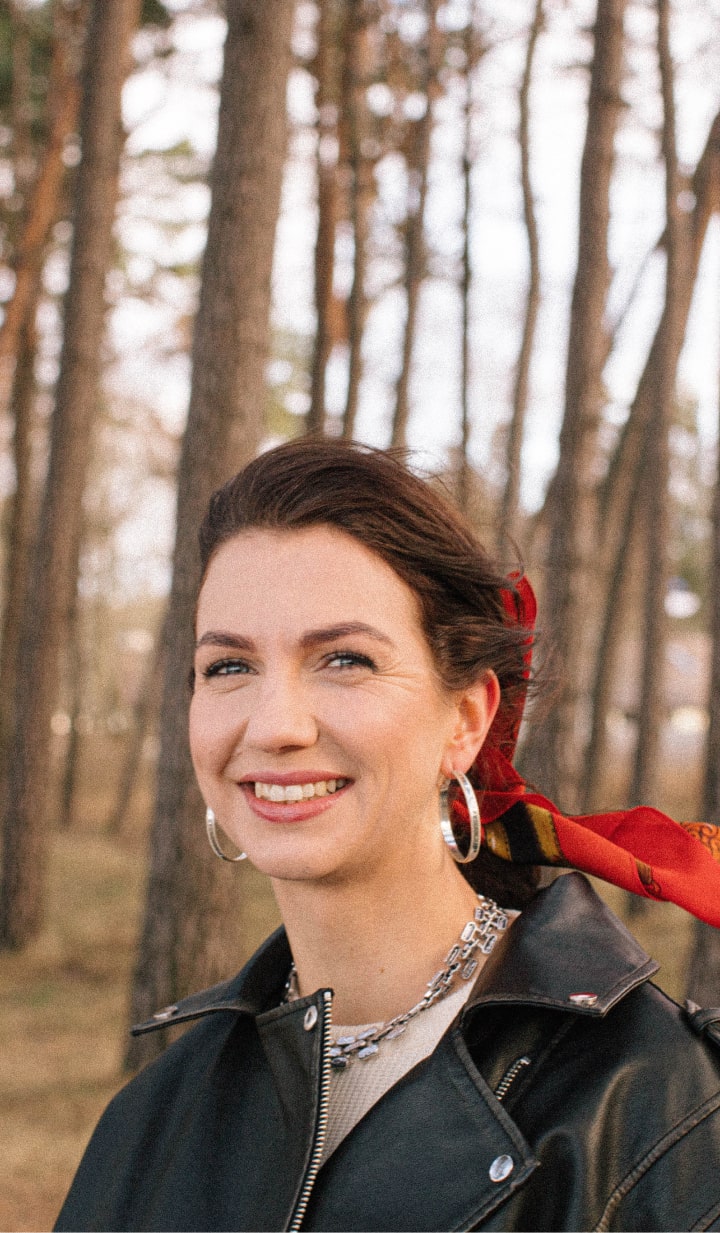

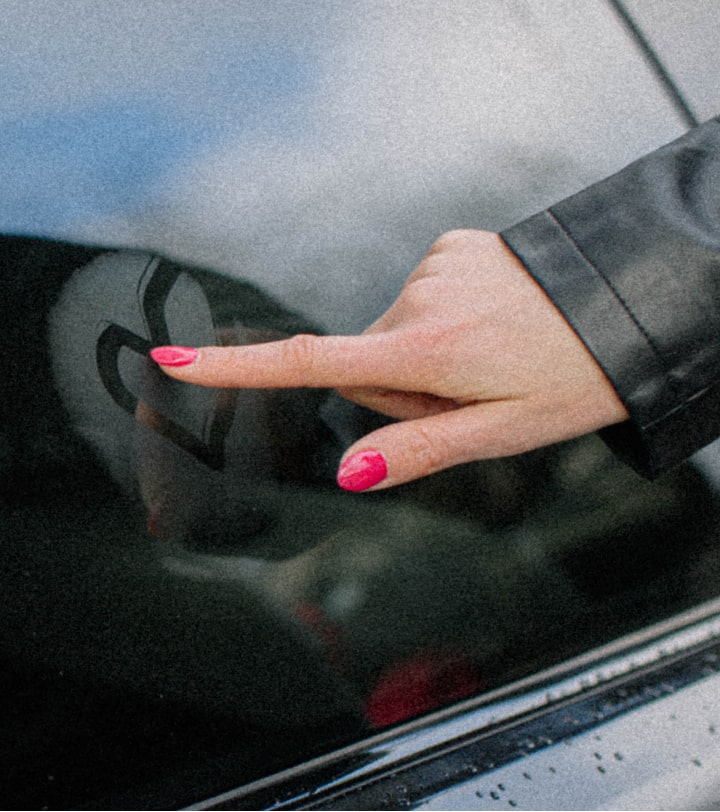
One reason Silvia was able to break up with her car was that she enjoys a certain flexibility. Silvia doesn’t have kids, and her employer has encouraged remote work. But the deeper reason was feeling more at ease knowing that she’s made a positive impact.
“Sustainable can mean multiple things,” said Silvia. “It’s used in the context of climate, but it also means that a person themselves feels well, and can move around in natural surroundings.”
Any breakup can be bittersweet and old feelings can linger. Silvia admitted that she has missed the spontaneity and flexibility that her old car provided her at times. “If you want to go to the forest on a hike, then you need to plan ahead, or rent a car,” Silvia said. “So, you do lose something.”
Luckily, her friends have been supportive of her decision. In fact, many are thinking of getting rid of their own cars too. Silvia also thinks that bigger, more car-centred cities could learn a thing or two from university towns, with their walking streets and cosy parks. “Cities should provide more opportunities to support people moving around and their quality of life,” Silvia remarked. “When better to make a change,” asked Silvia, “than now?”
The end
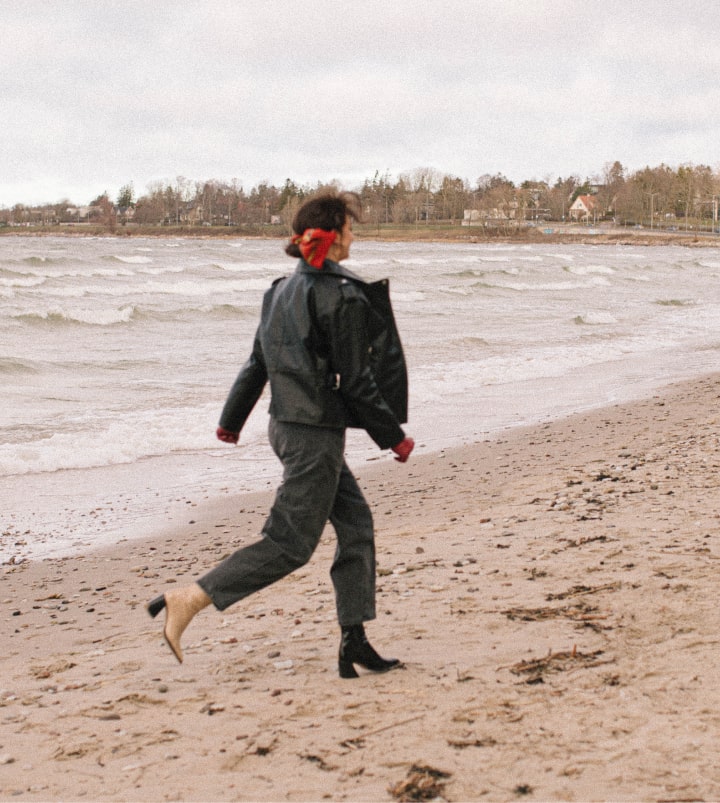
Need help breaking up?
Bolt is a mobility app that helps you break up with your car and live a better, healthier and more sustainable life. Download the app and enjoy our ride-hailing, scooter, e-bike, and car-rental services.